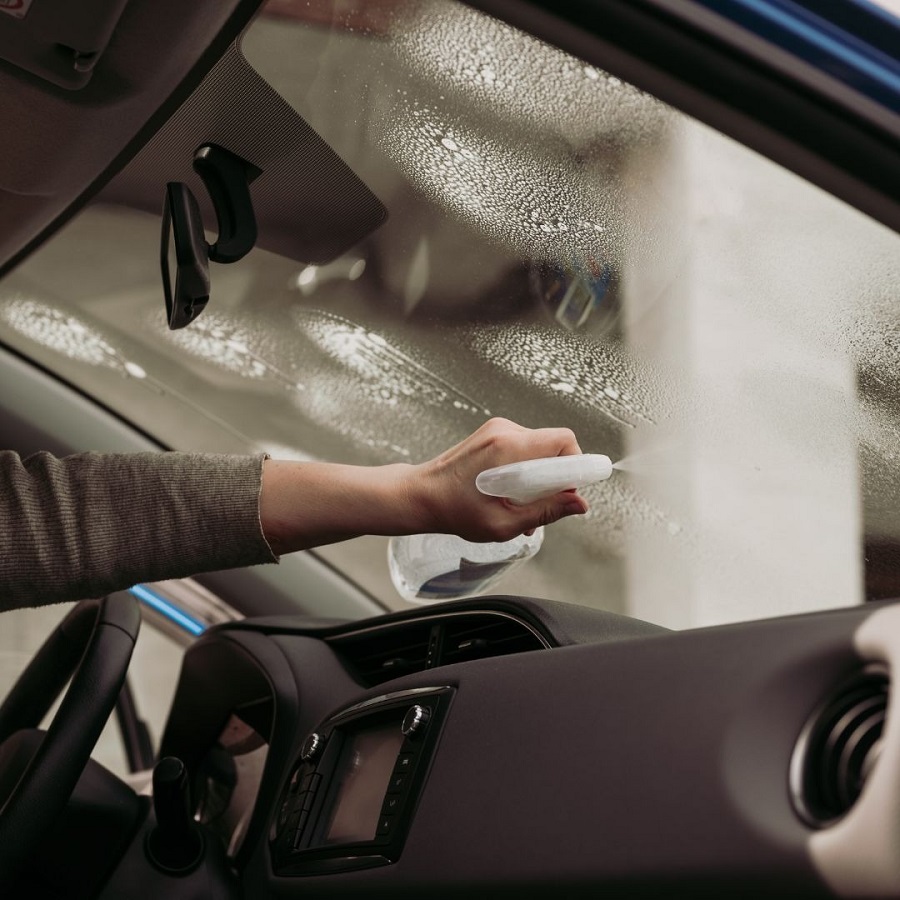How much to fix a car window that won’t roll up?
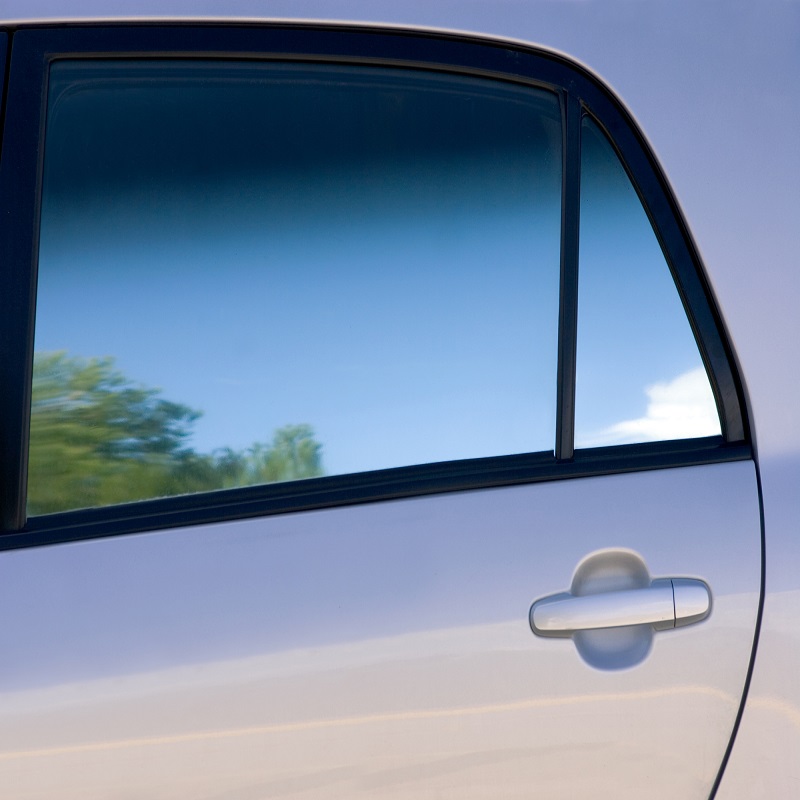
How much to fix a car window that won’t roll up? One of the most frustrating issues that can occur with a vehicle is when the car window won’t roll up. This not only poses a security risk, but it can also be an inconvenience, especially in extreme weather conditions. If you find yourself in this situation, it’s important to address the problem as soon as possible. But how much does it cost to fix a car window that won’t roll up?
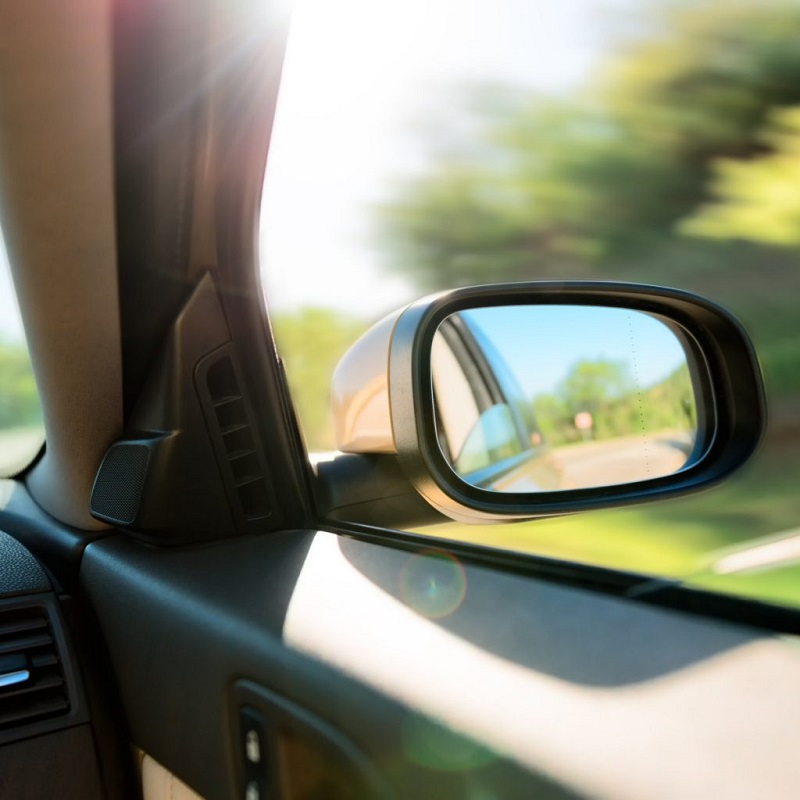
Diagnosis
Before getting an accurate estimate for the repair, it’s essential to diagnose the underlying issue causing the window to malfunction. In some cases, the problem may be as simple as a blown fuse or a faulty switch. However, more serious issues such as a malfunctioning motor or regulator may require a more extensive repair.
Cost of Replacement Parts
If your car’s window regulator or motor is the culprit, the cost of the replacement parts will play a significant role in determining the overall repair cost. Window regulators can range in price depending on the make and model of the vehicle, with some costing as little as $50 and others exceeding $200. The cost of a new window motor can be similarly variable, typically ranging between $100 and $300.
Labor Costs
In addition to the cost of the replacement parts, labor costs will also be a factor in the total repair bill. The complexity of the repair, as well as the labor rates of the auto repair shop you choose, will influence the final cost. On average, labor costs for repairing a car window that won’t roll up can range from $100 to $300.
Total Cost
Taking into account the cost of the replacement parts and labor, the total cost of repairing a car window that won’t roll up can be anywhere from $150 to $600, depending on the severity of the issue and the make and model of the vehicle.
DIY vs. Professional Repair
Some car owners may attempt to fix a malfunctioning car window on their own to save money. While this can be a viable option for those with mechanical aptitude, it’s important to consider the potential risks and complexities involved in window repairs. In some cases, attempting a DIY repair can lead to further damage and increased costs down the line. Professional repair services, although more expensive, offer the expertise and guarantee of a job well done.
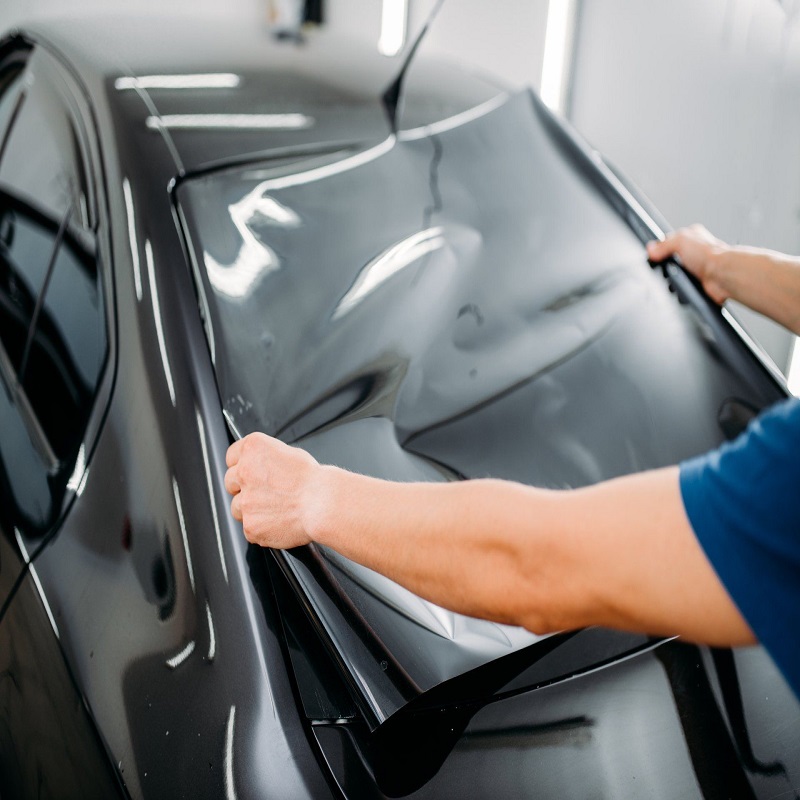
Things to note when fixing a car window
A broken or malfunctioning car window can be a major inconvenience, not to mention a safety hazard. Whether it’s a crack, a chip, or a malfunctioning mechanism, fixing a car window is a task that requires careful attention to detail and the right tools.
Safety First
Before you begin any work on your car window, it’s important to ensure that you are working in a safe and secure environment. Make sure that your car is parked on a level surface and that the parking brake is engaged. In addition, always wear gloves and eye protection when working with glass, as it can be sharp and potentially dangerous.
Assess the Damage
The first step in fixing a car window is to assess the damage. If the window is simply cracked or chipped, you may be able to repair it with a DIY kit. However, if the car window is completely shattered or the mechanism is malfunctioning, it may require professional repair or replacement.
Gather the Necessary Tools and Materials
Once you have assessed the damage, gather the necessary tools and materials for the job. This may include a window repair kit, glass cleaner, a razor blade, masking tape, a screwdriver, and replacement window parts if necessary. It’s important to have everything you need before you begin the repair process, as it can be frustrating to have to stop halfway through to search for a missing tool.
Remove the Door Panel
If the window mechanism is malfunctioning, you will need to remove the door panel to access it. This will typically require removing screws and clips, as well as any trim pieces that may be covering them. It’s important to keep track of where each screw and clip goes, as they may be different sizes and shapes.
Remove the Old Window
Once the door panel is removed, you can access the old window and remove it from the mechanism. This may require removing bolts or clips, as well as any remaining glass. Be sure to handle the glass carefully to avoid injury, and dispose of it properly.
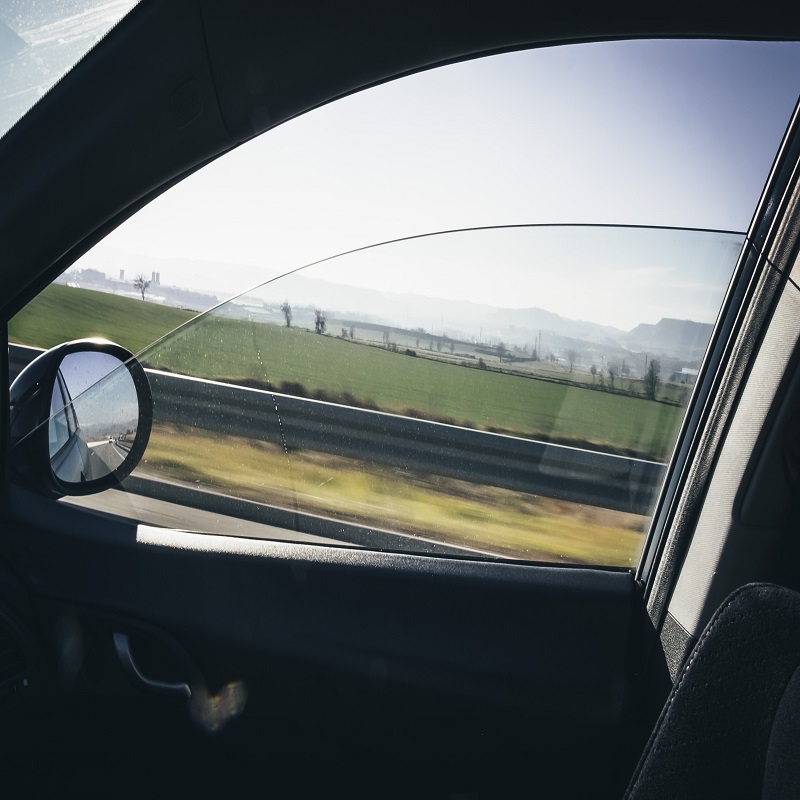
Clean the Window Track
With the old window removed, you will need to clean the window track to ensure smooth operation of the new window. Use a rag and glass cleaner to remove any dirt, grease, or debris from the track, and use a razor blade to remove any stubborn residue.
Install the New Window
If you are replacing the entire window, carefully install the new window into the mechanism. This may require aligning it with the track and securing it with bolts or clips. Be sure to follow the manufacturer’s instructions for proper installation, and test the window to ensure it operates smoothly.
Repair the Window
If you are repairing a crack or chip in the window, you can use a DIY repair kit to fill the damaged area. Follow the instructions included with the kit carefully, and be sure to allow the repair to fully cure before using the window.
Reassemble the Door Panel
Once the window is fixed or replaced, you can reassemble the door panel by reversing the removal process. Be sure to secure all screws and clips properly, and test the window to ensure it operates as it should.
Advantages of fix a car window
Safety and Security
One of the most significant advantages of fixing a car window is the improvement in safety and security. A cracked or broken window can compromise the structural integrity of the car, increasing the risk of injury or damage in the event of a collision. Additionally, a damaged window makes it easier for burglars and thieves to target the vehicle, putting the owner’s belongings at risk. By fixing the window, drivers can ensure that their car is secure and safe for both themselves and their passengers.
Protection from the Elements
Another advantage of fixing a car window is the protection it provides from the elements. A broken or poorly sealed window can allow rain, snow, or wind to enter the vehicle, creating an uncomfortable and potentially dangerous driving experience. By having the window fixed, drivers can maintain a dry and climate-controlled interior, ensuring their comfort and visibility on the road.
Preservation of Interior
A properly fixed car window can also help preserve the interior of the vehicle. Exposure to the elements, such as rain and sunlight, can lead to damage to the upholstery, dashboard, and other components of the car’s interior. By keeping the window in good condition, drivers can prolong the life and appearance of their vehicle’s interior, saving them money on potential repairs or replacements.
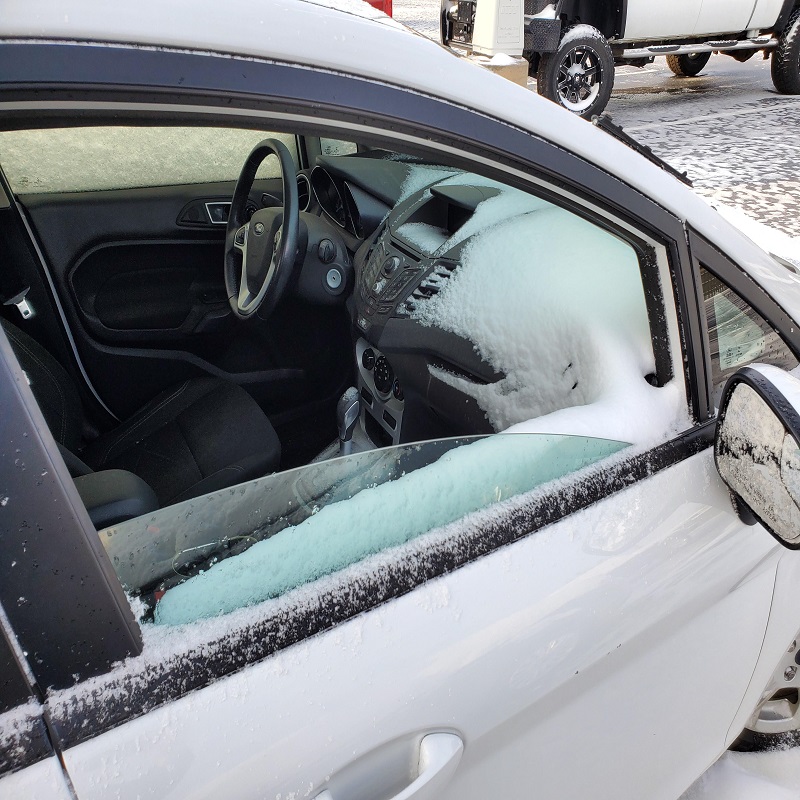
Conclusion
If you find yourself in the unfortunate situation of a car window that won’t roll up, it’s essential to address the issue promptly to avoid any further inconvenience or security risks. While the cost of repairing a car window that won’t roll up can vary, taking into account the replacement parts and labor costs, it’s crucial to seek professional assistance to ensure the job is done correctly. By doing so, you can regain full functionality of your car window and enjoy peace of mind knowing that your vehicle is in optimal condition.
